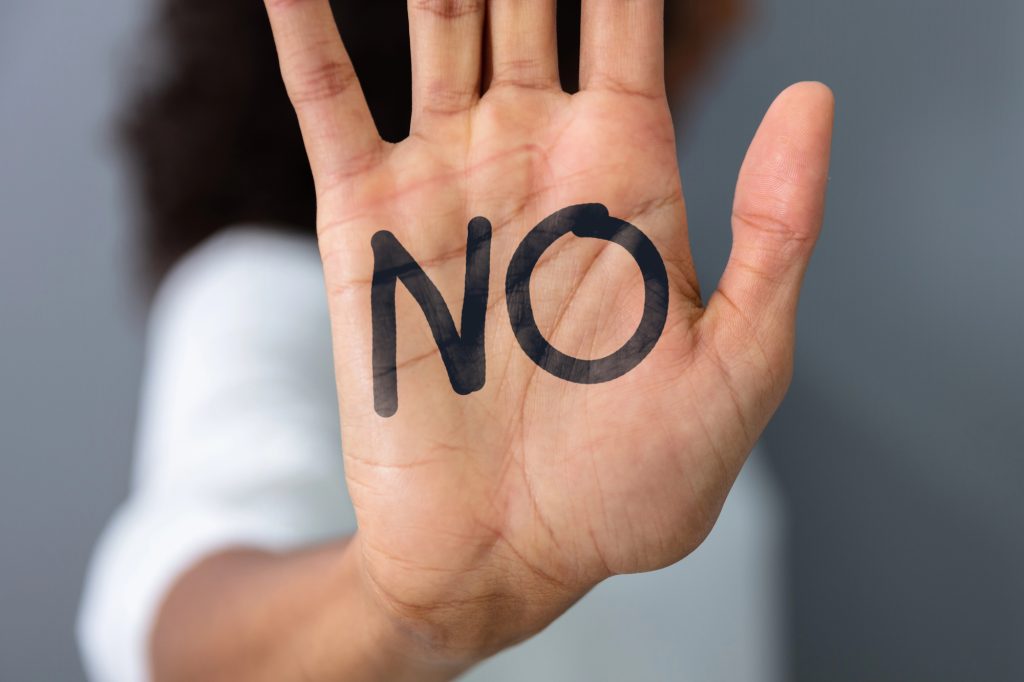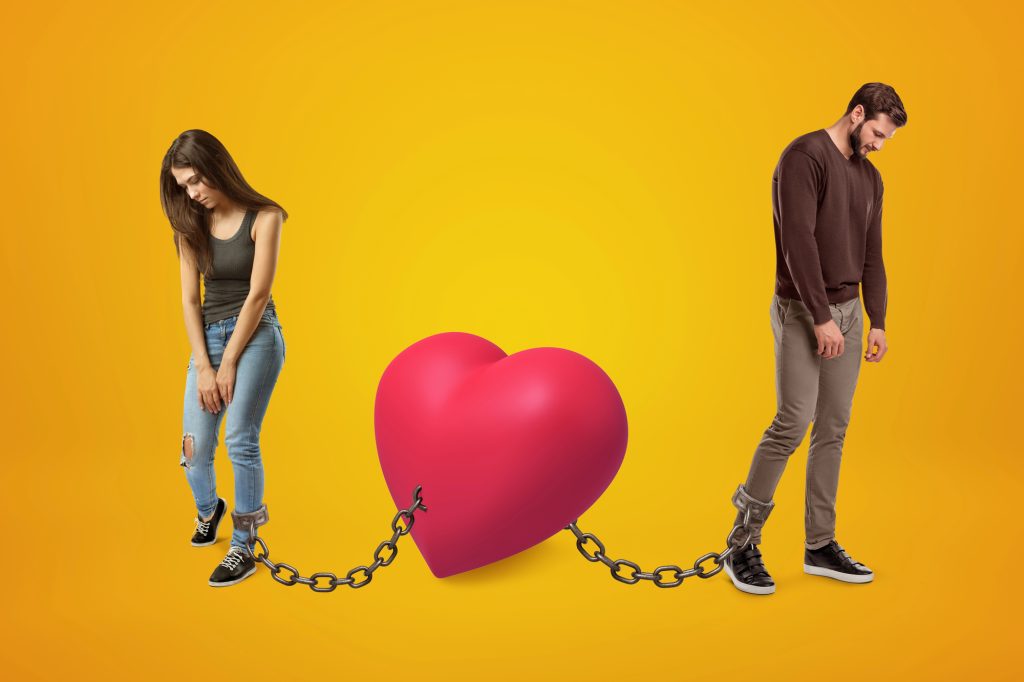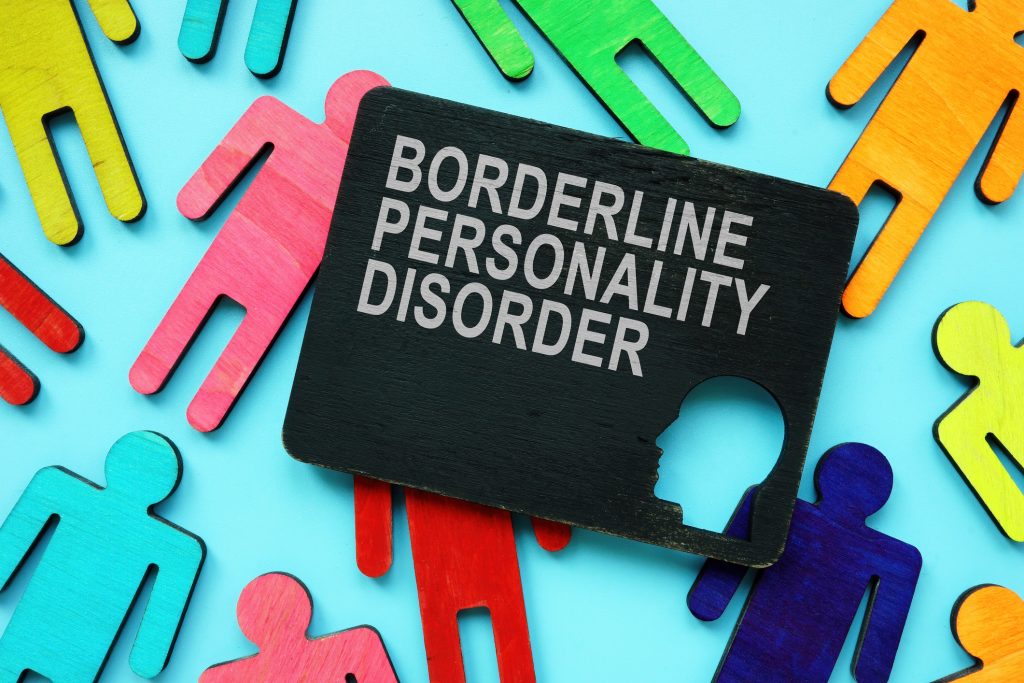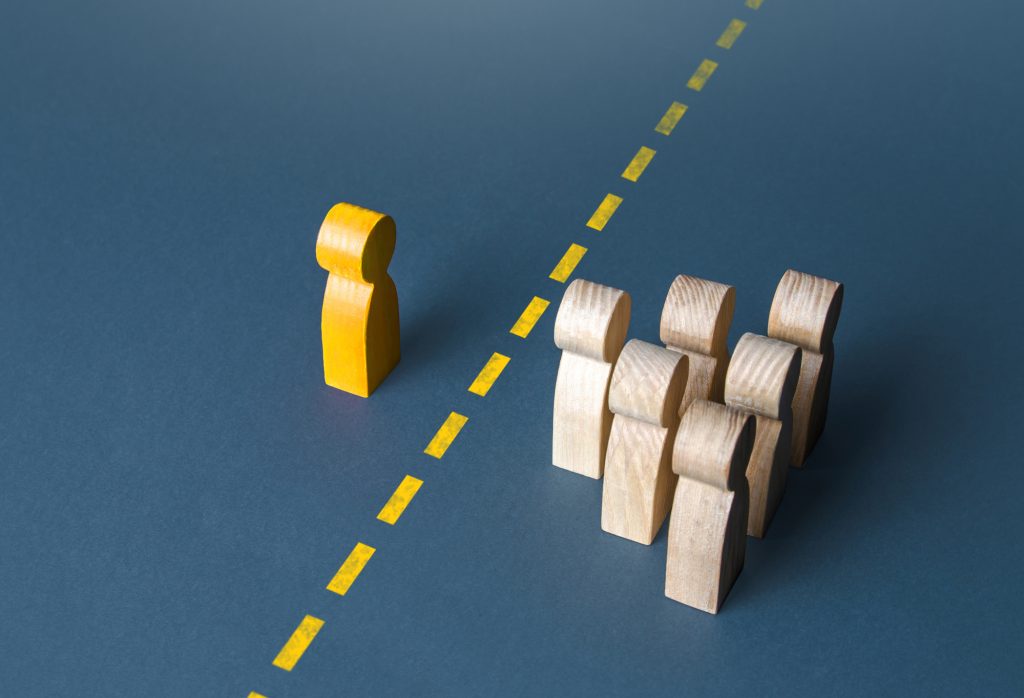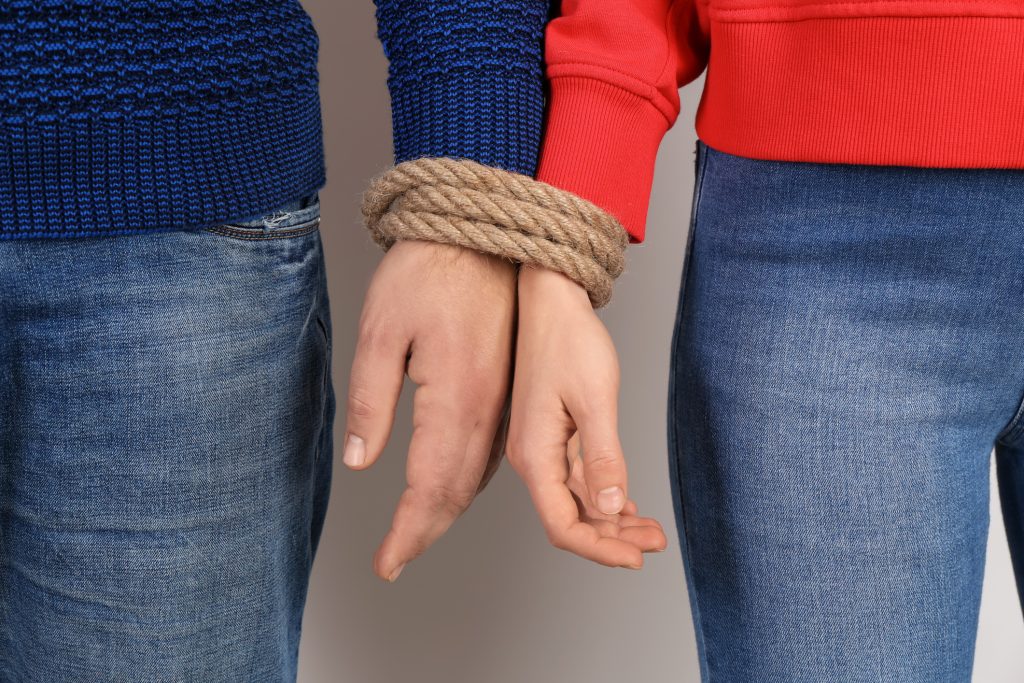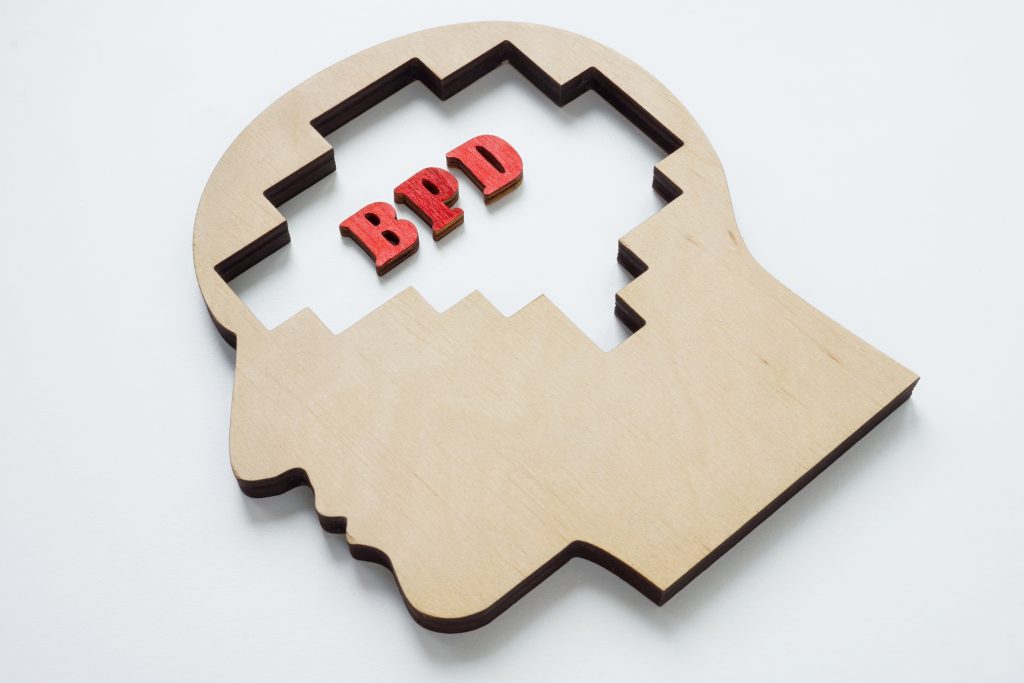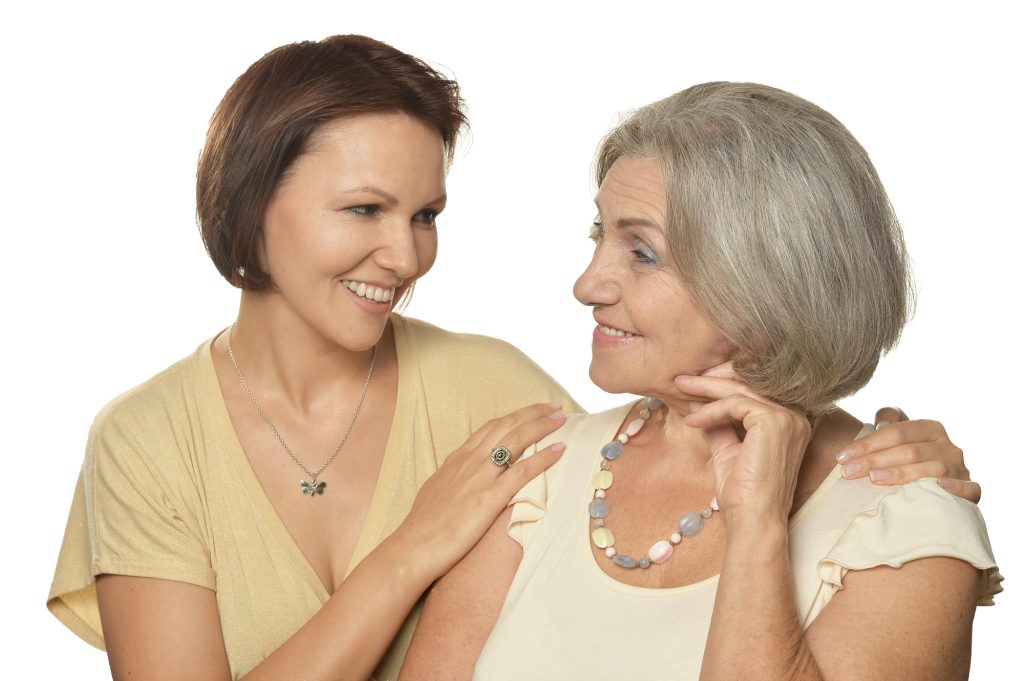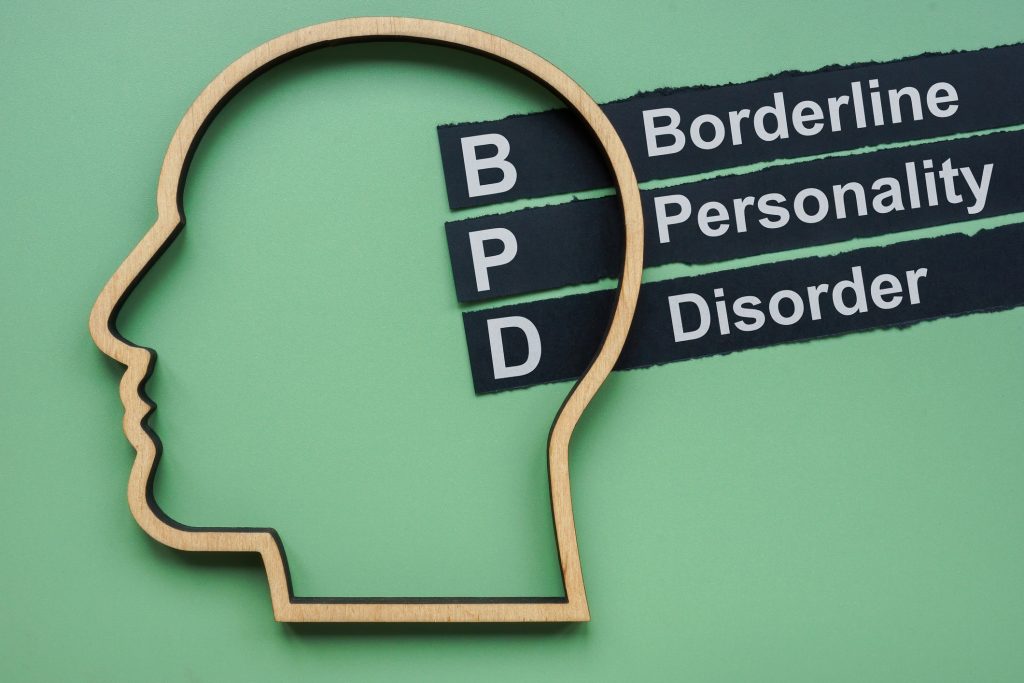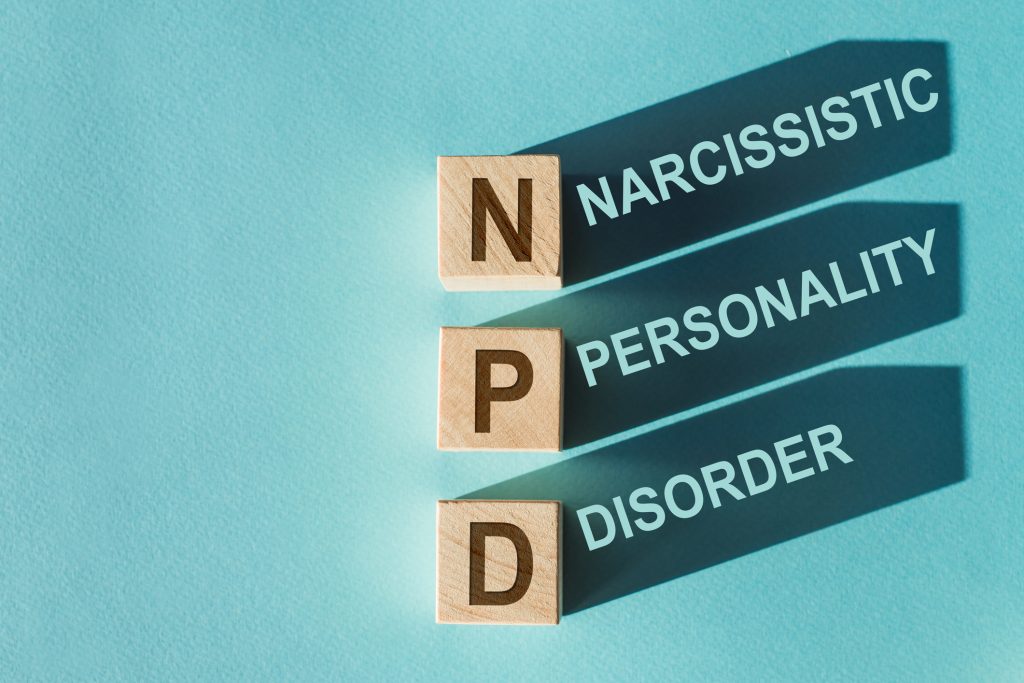
Healing When You're Still Surrounded by Toxic Energy
You finally left. Or maybe you finally drew the line. Maybe it wasn’t a dramatic goodbye; maybe it was a quiet decision to stop shrinking yourself around someone who made your nervous system their playground. Either way, you did something hard. Something brave. Something for you.
But now things feel even messier.
Because while you walked away from the pain, the people around you stayed behind.
And now you’re left holding both your truth and their denial. Your family still invites them to events. Friends still speak fondly of them. The ones you hoped would really get it downplay it like you’re making a bigger deal than it was.
It’s exhausting, isn’t it?
The truth is leaving enmeshment doesn’t happen all at once. You might physically leave, emotionally detach, or even cut contact … but parts of you still feel deeply looped into everything. Especially when other people are still part of the picture.
So, what happens when you remove the toxic person from your life but those who can’t (or won’t) see what really happened still welcome them in?
Maybe it’s family. Maybe it’s mutual friends. Maybe it’s the group chats, the awkward holidays, or the friends who “don’t want to take sides.” It could even be the people who tell you they love you but quietly expect you to shrink again so things stay “peaceful.”
And somewhere in all of it, you started to realize that in so many structured ways your identity was wrapped around theirs. The way your safety, belonging, or even your goodness got tied up in how well you kept everyone else happy. So now, even as you’re healing, you might still feel responsible for how everyone else is handling it.
That’s where it gets complicated.
Because while you’re working hard to protect your peace, you’re also watching others stay close to someone who hurt you. They’re still being included. Still being defended. Still telling their version of the story. And somehow, you end up looking like the problem—for finally choosing yourself.
Ironically, in these toxic situations, the hardest part of standing up for yourself is feeling like the problem. In families and friend groups where things have always been messy beneath the surface, finally putting your feelings into words can feel like breaking an unspoken agreement.
It’s painful. It’s unfair. And it makes healing feel lonelier than it should.
But feeling that ache doesn’t make you weak or bitter—it means you’re awake. It means you’re seeing the truth clearly. And that clarity? That’s the beginning of everything.
When You’re Out but Not Free Yet
Let’s be honest: you can do the work, find your clarity, take your space—and still walk into rooms where their version of you lives on.
So what do you do when those you love don’t fully see your pain or the reason you had to walk away?
First, own your perspective. Not in a half-hearted, “maybe I’m overthinking” kind of way. You’ve lived this. You know what it cost you. This wasn’t just some messy chapter or miscommunication. These were the people and patterns that shaped how you felt about yourself—what you thought you had to tolerate just to be loved. And trying to pretend it wasn’t that deep only pulls you further away from yourself.
Next, start seeing your boundaries not as walls between you and them—but as a bridge back to yourself. You spent so long showing up for everyone else. Saying yes when you meant no. Smiling through what hurt. Carrying guilt like it was your job. Now? You’re different. Or you’re becoming different. And that means learning to let guilt come and go without letting it make your choices. When you say no, when you step back, when you choose silence over small talk with people who trigger you— you’re not being difficult. You’re finally being honest. This is you learning to care for yourself first, not last.
And let us remind you of something important. It’s completely human to want others to understand. To hope maybe—just maybe—they’ll finally see your side, acknowledge the pain, own their part, especially when you’ve spent years being dismissed, misunderstood, manipulated, or made invisible. But this part of your journey isn’t about convincing anyone to understand your pain or admit their part in it. That’s not the goal anymore. You’re not here to prove your pain. You’re here to honor it. To give yourself the validation no one else could. To stop arguing with reality and start aligning with your own heart. This part of the journey isn’t about gathering supporters—it’s about choosing yourself, even when no one claps for it. Even when no one else gets it. You get it. And that’s what matters now.
So how do you protect your energy when you can’t always control who’s in your orbit?
Here Are Some Gentle Truths to Remember:
- You are allowed to limit your access, even if you can’t go fully no-contact.
Emotional distance counts. Silence counts. You don’t have to explain your peace. - You don’t owe anyone your version of the truth.
You don’t have to “get them to understand.” Truth has its own gravity. People feel it—eventually. - Of course you feel guilty. You were trained to.
That doesn’t make you wrong—it just means you’re finally doing something different. Let the guilt be there, but don’t follow it back into who you used to be. - You can love people from a distance.
You don’t have to stop loving someone to stop being responsible for them. - Your energy is your life force.
You don’t owe your energy to people just because they expect it. It’s yours. Protect it like you finally believe that. You need it for you now—for the life you’re finally choosing to create.
This part of the journey—where things feel tangled, emotional, and unclear—isn’t forever. It’s a turning point. The messy middle. Just by being present with your feelings right now you’re doing the real work—more than you probably give yourself credit for.
This isn’t the shiny, triumphant part of healing. This is the part where you sit with all the noise, all the guilt, all the grief … and still choose yourself anyway. It takes so much courage to break away from what’s been normalized in your life. And honestly? You don’t have to do that alone.
That’s why we created the 12-week program—not as a fix but as a companion for this exact chapter. The messy middle. The untangling. The moment when you know things have to change but you’re not sure how to hold your ground without losing yourself.
If that’s where you are, this is here for you. Not to tell you what to do—but to help you trust yourself more deeply than ever before.

